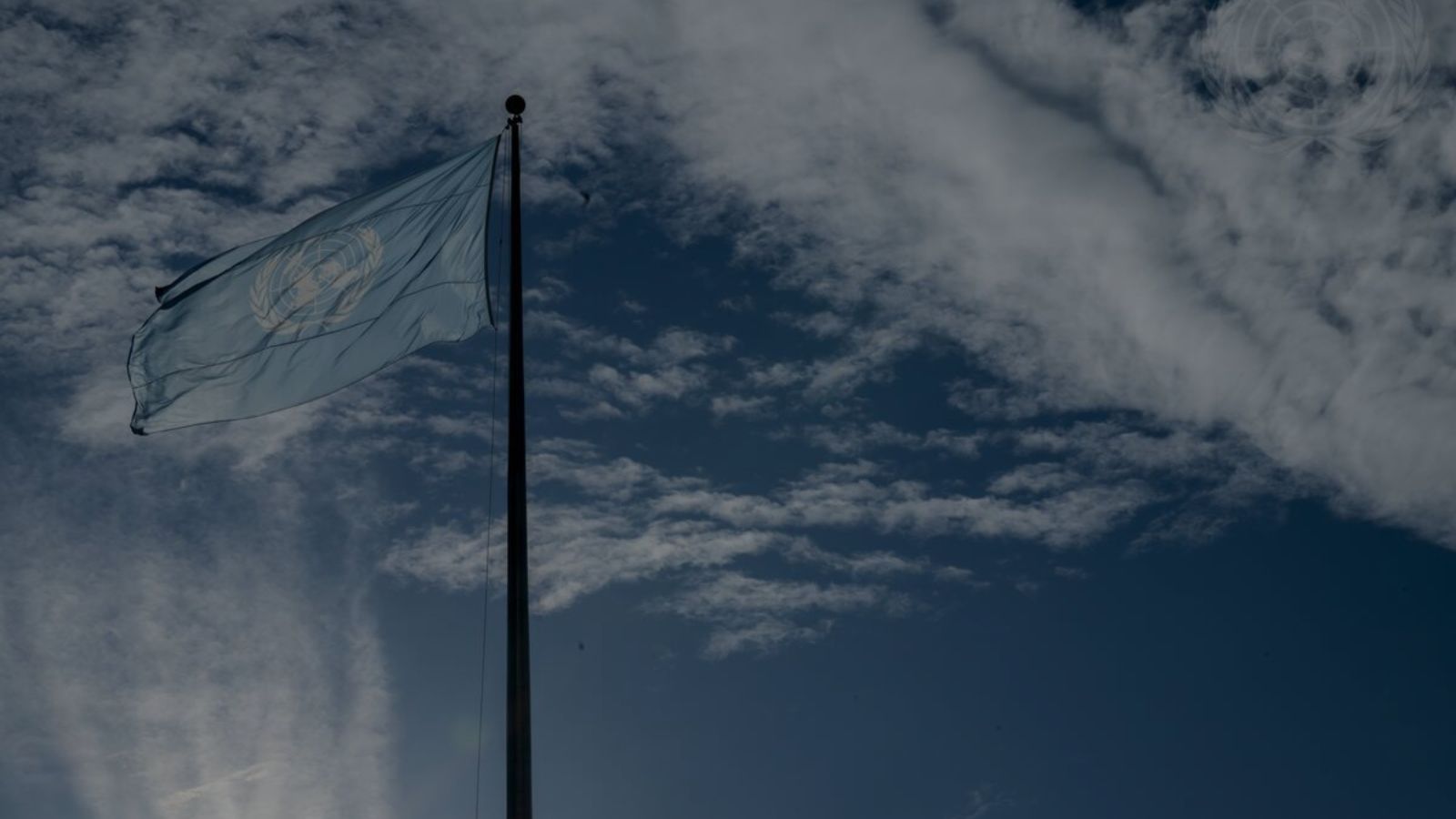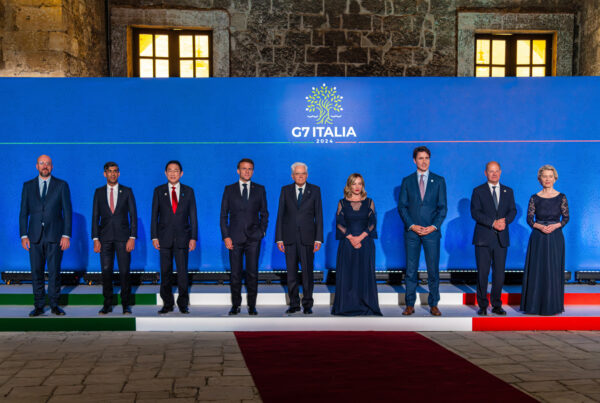The Finance Conundrum
As the world grapples with the escalating climate crisis, finance remains a critical yet contentious issue at the heart of the climate talks in Bonn. Governments are locked in a fierce debate over the magnitude of funds required, with estimates ranging from $1 trillion to $1.3 trillion annually. The thorny questions of who pays and what sources of funding should be considered further complicate the negotiations. Despite the urgency, progress on this front seems elusive, as envoys engage in a familiar blame game while skirting the fundamental issues.
The Fossil Fuel Phantasm
The much-touted fossil fuel phaseout, hailed as a breakthrough at COP28, has become a mere whisper in Bonn. Major oil-producing nations seem intent on letting the issue drift, blocking efforts to initiate a dialogue and suggesting that the responsibility lies with individual countries. As OPEC discusses production cuts, climate envoys remain eerily silent on the matter, raising doubts about the collective will to address this pressing challenge.
Azerbaijan Presidency’s Litmus Test
As the talks progress, the incoming COP29 Presidency, held by Azerbaijan, faces scrutiny over its commitment and competence in steering the negotiations toward a successful outcome. While the country has proposed initiatives like a “North-South Fund” and “Green Energy Corridors,” questions linger about their efficacy and the overall plan of action. Furthermore, concerns mount over Azerbaijan’s ability to protect civil society and prevent the talks from being co-opted by the fossil fuel sector, given reports of a crackdown on media and civil society within its own borders.
The climate talks in Bonn have once again highlighted the complex web of challenges and diverging interests that impede progress on the global stage. As the world watches, the ability of nations to navigate these intricate negotiations and reach meaningful agreements will ultimately determine the fate of our collective efforts to combat the existential threat of climate change.




